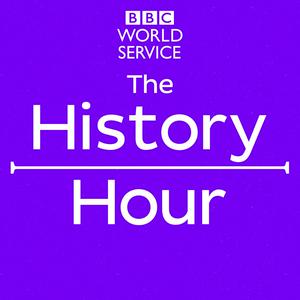Max Pearson presents a collection of the week's Witness History interviews from the BBC World Service.
We travel back to Chile in 2006 where more than 600,000 schoolchildren are marching through the streets to protest about their schools. The nationwide demonstrations will become known as the "Penguin Revolution".
Our guest Dr Laura Tisdall, a historian from Newcastle University, explains why this isn’t the first time children have challenged authority.
And we examine another protest in Kaohsiung, Taiwan, in 1979 which became a seminal moment in the country’s transition to democracy.
Plus, one of the most defining moments of World War Two – the liberation of Auschwitz, the Nazis’ largest death camp in 1945.
And the remarkable story of the 5,000-year-old mummy found frozen and perfectly preserved in Europe’s Ötzal Alps in 1991.
In sport, we explore the inspiring story of how rugby union came to thrive in Syria - despite mass protests and violent government crackdowns during 2011...
Finally, we celebrate 100 years since a technological breakthrough that would change the world. The start of television.
Contributors:
Karina Delfino – one of the leaders of the Penguin Revolution.
Dr Laura Tisdall - lecturer in Modern British History, Newcastle University.
Yao Chia-wen – protester in the Kaohsiung Incident.
General Vasily Petrenko – Soviet army commander who helped liberate Auschwitz.
Konrad Spindler – archaeologist.
Rainer Henn - forensic pathologist.
Mohamad Jarkou – Syrian rugby union player.
Iain Logie Baird – grandson of John Logie Baird, the inventor of television.
(Photo: High school students in Santiago, 2006. Credit: Claudio Pozo/AFP via Getty Images)


